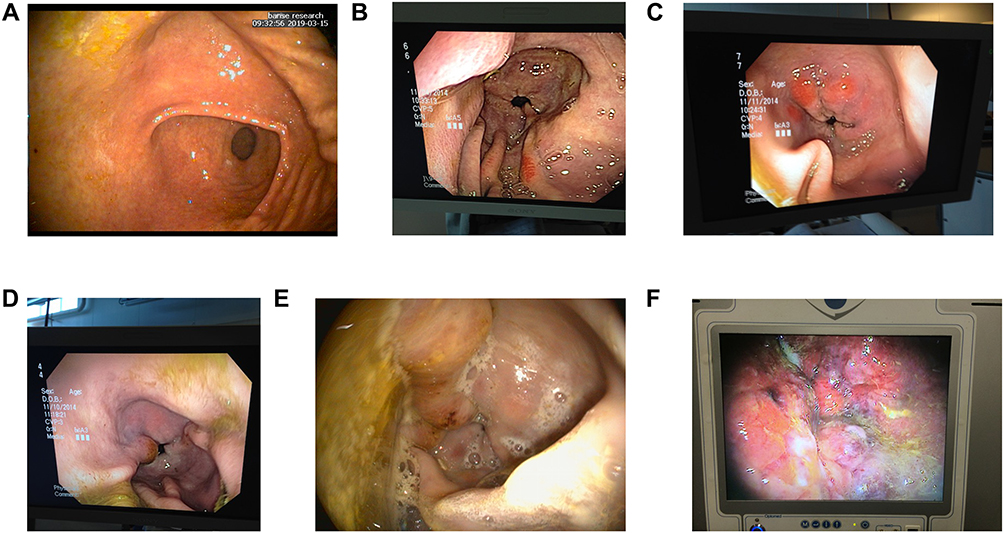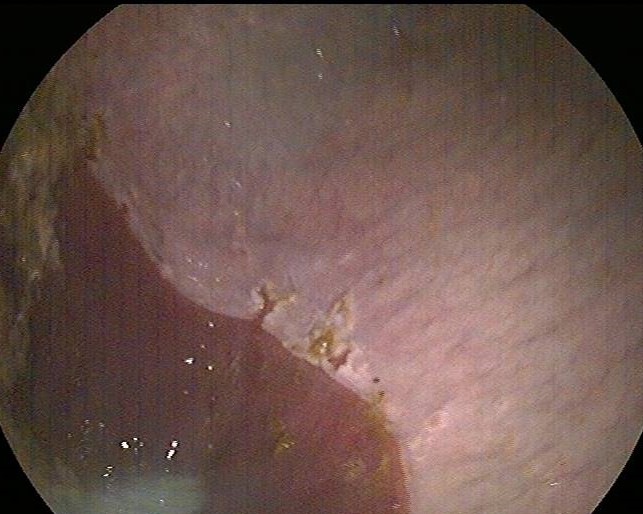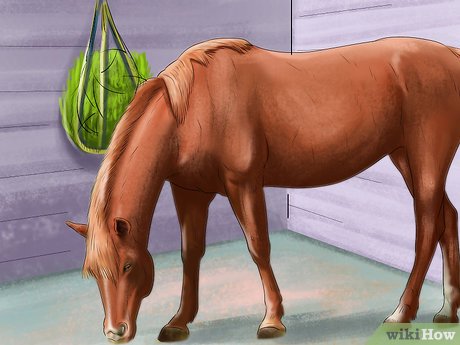Recognizing Ulcer Symptoms in Performance Horses

Performance horses are athletes that undergo intense physical and mental stress, making them susceptible to gastric ulcers. Recognizing the symptoms early is crucial for effective treatment and maintaining their health and performance.
What Are Gastric Ulcers in Horses?

Gastric ulcers are sores or lesions that develop on the lining of the horse’s stomach. They are common in performance horses due to factors like stress, diet, and training intensity.
Common Symptoms of Ulcers in Performance Horses
| Symptom | Description |
|---|---|
| Poor Appetite | Reduced interest in food or selective eating |
| Weight Loss | Noticeable decrease in body weight despite feeding |
| Behavioral Changes | Irritability, reluctance to work, or unusual behavior |
| Poor Performance | Decline in athletic ability or stamina |
| Colic | Mild to moderate abdominal pain |
| Excessive Salivation | Drooling or increased saliva production |
| Teeth Grinding | Grinding teeth, often a sign of discomfort |
Causes and Risk Factors
- Stress: Intense training, transportation, and competition can increase stomach acid production.
- Diet: High-grain, low-forage diets contribute to ulcer formation.
- Medication: Prolonged use of NSAIDs can damage the stomach lining.
- Feeding Schedule: Infrequent feeding leads to prolonged acid exposure.
Diagnosing Ulcers
Veterinarians use gastroscopy, a procedure involving a camera inserted into the stomach, to visually confirm ulcers. Early diagnosis helps in tailoring effective treatment plans.
Treatment Options
- Medications: Proton pump inhibitors (e.g., omeprazole) reduce stomach acid.
- Dietary Management: Increasing forage and reducing grain intake.
- Stress Reduction: Modifying training and management practices.
Preventing Ulcers
- Provide constant access to forage.
- Avoid long periods without feeding.
- Minimize stress through proper training and handling.
- Use medications judiciously under veterinary guidance.
Frequently Asked Questions (FAQ)
Q1: Can ulcers affect a horse’s behavior?
A: Yes, ulcers can cause irritability and reluctance to work.
Q2: How long does treatment take?
A: Treatment duration varies but typically lasts 4-6 weeks.
Q3: Are ulcers common in all horses?
A: While all horses can develop ulcers, performance horses are at higher risk.
Recognizing ulcer symptoms early and understanding their causes can significantly improve the health and performance of your horse. Regular veterinary check-ups and attentive management are key to prevention and successful treatment.
